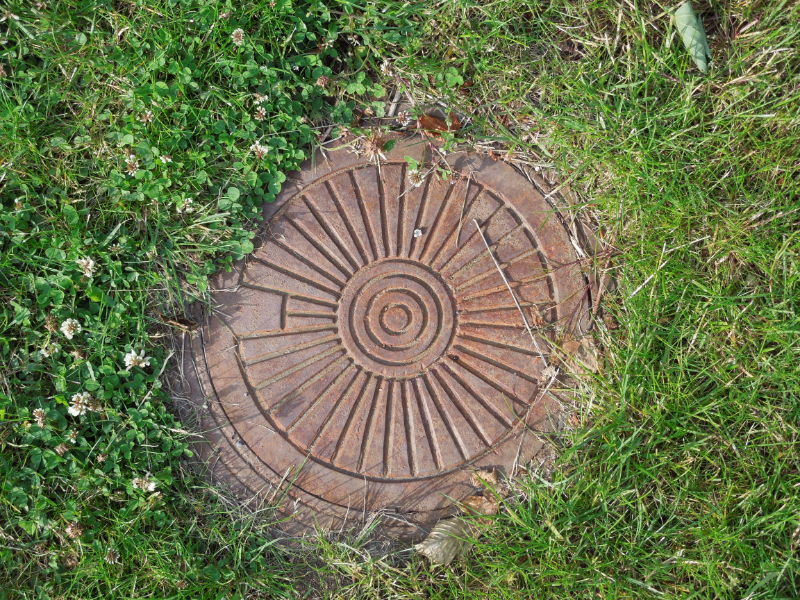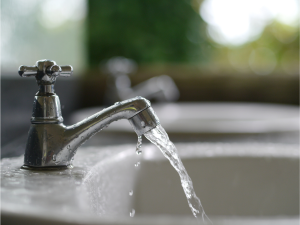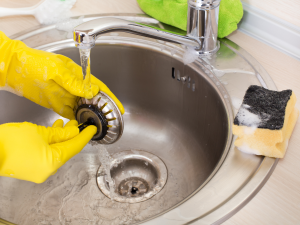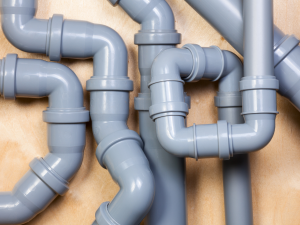Plumbing is one of the most vital systems of our homes. It brings us clean water to use in our daily lives, for washing ourselves after a long day outside or for cooking our lunches and dinners. Our plumbing systems are also what allows us to safely dispose of any waste and clean up ourselves and our living spaces. With all the use that it sees, our home’s plumbing systems are bound to need cleaning and maintenance every now and then.
Out of all of our plumbing lines, the sewage pipes are some of the most difficult ones to check regularly. Since the sewer lines and drains are tucked away underground and hidden, many homeowners don’t get the chance to really get a look at them to make sure that they’re working as they’re supposed to. With the lines out of sight, the chances that they become dirty and eventually break can become quite high. In order to prevent that from occurring, one question needs to be answered: how often should sewer lines be cleaned?
This article covers the answer to that question as well as some of the main signs that you need to check and clean your sewer line. It’s highly recommended that you call Clover Contracting for help to get your sewer lines cleaned out safely and efficiently. We’re available wherever you need.
What is a sewer line?
For those that aren’t aware of what makes up their home’s sewer system, knowing what a sewer line is can be a big step in understanding why it needs cleaning and what the signs are that it’s time to get them checked.
A sewer line is, in simpler terms, what connects your drains to the main sewer drains in your city or town. Any waste that you dispose of and send down the drains in your home is then sent through the main sewers to eventually get treated or disposed of.
Overall, your sewer lines are considered part of your home and its plumbing, making it your responsibility to maintain.
How often should you have your sewer line cleaned?
Unfortunately, there isn’t a set timeframe in which you need to get your sewer lines cleaned out. Depending on the size of your family and how often you use your drain lines, the estimated time in between sewer line cleanings can increase or decrease. For a smaller family or a couple, the recommended time is roughly every two years. Larger families and families with pets are bound to need a shorter amount of time in between cleanings: the time dropping to every 18 months or even shorter. If you aren’t sure of what timeframe best suits your home’s needs, it’s best to check your sewer lines every year.
Signs you need a sewer line cleaning
More often than not, the sign that you don’t have a clean sewer pipe is that the water inside it begins to back up. There are many reasons that that can cause a blockage to form in your sewer lines.
Congealed grease and food scraps
One of the most common reasons that you’re finding a backup of water and that you need to get the lines cleaned is a clump of grease and food scraps has built up inside it. Typically, people toss the used grease and food fats into the drains, whether it’s from an excess draining away from food during cooking or just cleaning up the dishes. That grease eventually mixes up with the food scraps that can accidentally fall into the plumbing, hardening and forming a blockage.
Plant roots and broken piping
In some cases, if you have a tree or other large plants growing close to where your home’s sewer lines are, there’s a chance that the roots will get into the lines and need clearing. If left alone long enough, the roots will continue to grow and fill up the lines until the flow of water gets restricted. In even worse cases, the roots can even break through the entire sewer line if left alone that long.
A Bellied Line
If you’re still wondering, “how often should sewer lines be cleaned?”, another sign is when the backup of water is caused by bellied lines and piping. Typically formed when the soil and dirt surrounding the sewer line breaks down, the sag – or “belly” – can trap any solid or semi solid waste that goes through it. While some waste can be washed away with the water, other kinds might end up stuck there, creating a blockage.
Common solutions and methods
In many of these cases, a plumber or technician will do a video inspection of your pipes to see what the cause of the backup is or check what the best way to clean it out. If you do have roots breaking into the sewer line, a sewer auger can be put into the pipes to carefully cut through the roots causing the blockage and the pipes will be repaired. After that, the rest of the roots will be removed to prevent it from happening again.
Grease clogs and bellied piping can be fixed quite the same way. Once the belly has been fixed and the soil around it is replaced, any clogs inside can be washed away. The denser blockages can be removed by hydro jetting. The process essentially sends 4000 psi of water through the pipes cleaning them out and getting rid of anything in them.
Average cost to have sewer line cleaned
Depending on whether or not the line is clogged or needs cleaning and what processes are needed to get rid of any grime and blockages, the final price can vary. An average cost between many plumbing companies can be between $175 to $475. If hydro jetting is needed, the cost can include another $350 to $600 or even $1000 if the work becomes more complicated. If you need to get your sewer lines checked and cleaned, call Clover Contracting to get an estimate.
How often should sewer lines be cleaned? — Takeaway
Ensuring that your sewer lines are cleaned properly can be quite important. If they aren’t taken care of as soon as possible, a buildup or blockage can form, leading to waste water overflowing into your bathrooms or kitchen. Calling Clover Contracting helps make sure that both your rooms and sewer lines stay clean.




